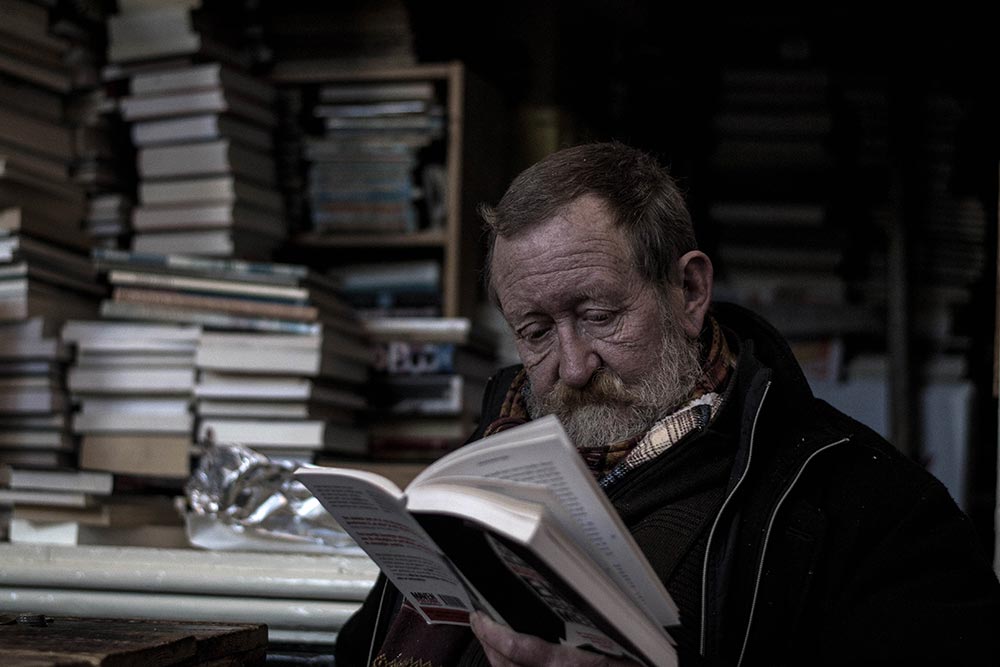



| Course Information | Instructor Information |
|---|---|
| EDEP 6114: Cognitive Processes and Educational Practice | Peter Doolittle |
| 1750 Kraft Drive (Rm 2013) | 1750 Kraft Drive (Rm 2039) |
| Tuesdays, 7:00 pm - 9:50 pm | pdoo@vt.edu |
| Download the Syllabus | |




Students will understand the role that cognitive processing plays in learning, memory, and cognition.
Outcome 1: Students will be able to explain the role of cognitive processing and memory to learning and instruction.
Outcome 1: Students will be able to analyze learning and instruction for the roles that processing and memory play.
Students will understand the relationship between cognitive processing and memory and the design of effective instruction.
Outcome 1: Students will be able to analyze instructional outcomes for the processing needed to foster the outcomes.
Outcome 2: Students will be able to create instructional strategies by applying cognitive psychology tenets.
Students will understand the research methods used in the empirical studies that support the role of cognitive processing and memory in learning and instruction.
Outcome 1: Students will be able to explain the research methods used in empirical studies of human learning, memory, and cognition.

The course, in pursuit of its primary questions, is structured in several parts:
There are typically two articles or chapters to read each week. Consult the Syllabus to see all of the readings. The articles themselves are available online once you Log-In.